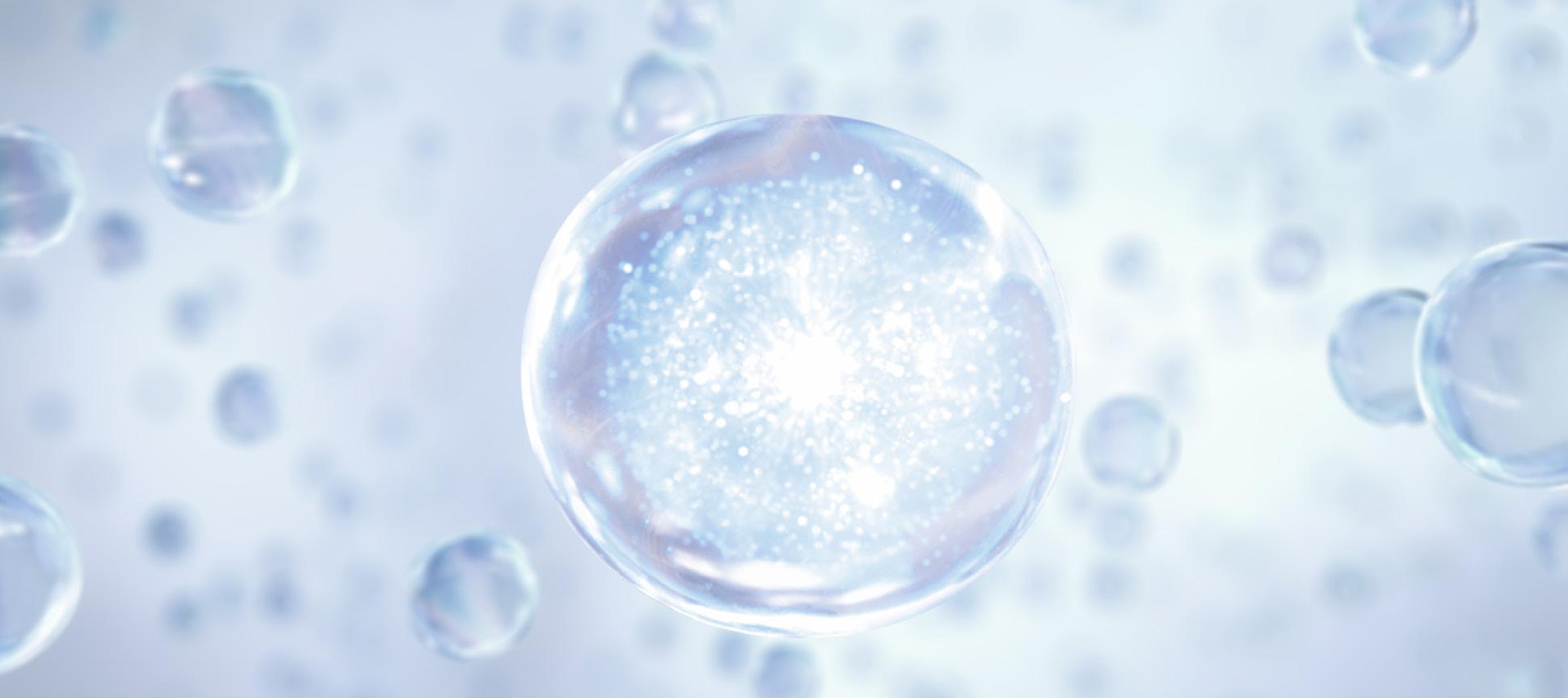
2 minute read
Improving Epigenetic Age Through Actionable Lifestyle Factors


Epigenetic age is a new measure that reflects premature aging. It has been developed in recent years by studying specific biomarkers located directly on the DNA. These markers change during the aging process and control genetic expression, hence the term “epigenetic”. Interestingly, epigenetic age, in particular the difference between epigenetic and chronologic ages, is strongly associated with mortality and many chronic diseases of old age, such as cardiovascular disease, cancer, cognitive decline, etc. We are currently witnessing a boom in the scientific literature of studies related to epigenetic age. Indeed, from a methodological point of view, epigenetic age can be used as a proxy for mortality, thus providing a new solution to answer questions related to mortality risk without the need to set up long cohort studies involving many patients during years. It is now established in the scientific community that epigenetic clocks are closer to the actual aging process than any other biomarker, opening a new era in longevity science.
What lifestyle factors most influence epigenetic age?
Epidemiological associations from the scientific literature show that smoking is one of the most important factors impacting epigenetics, and such tobacco-induced changes in the epigenome profoundly affect epigenetic age. Epigenetic levels of the AHRR gene - a gene involved in the detoxification of chemical compounds and which is strongly influenced by smoking - can predict, among other things, the development of cardiovascular disease, as well as mortality. Smoking cessation is associated with the reversal of some of these epigenetic marks and ex-smokers demonstrate a lower epigenetic age than current smokers.
Cumulative lifetime stress is also among the most important factors negatively influencing epigenetic age. Stress involves the hypothalamic-pituitaryadrenal axis, leading to the production of cortisol, which has been shown to have epigenetic effects. The origins of stress can be multiple, such as work-related stress or physiological stress (e.g. metabolic stress). Stress mitigation treatments such as intensive relaxation have been shown to improve epigenetic age.
Alcohol consumption at any level has also been associated with accelerated epigenetic aging. Numerous epigenetic changes are indeed produced by alcohol consumption, particularly in genetic pathways that regulate brain neurotransmitters - such as the GABA systeminvolved in alcohol dependence. The epigenetic acceleration of ageing caused by alcohol can be reversed after one year of abstinence, as shown in a recent study.
Among other protective factors for epigenetic age, we find associations with sleep quality (independent of sleep duration), and physical activity, especially when there is a mixture of aerobic and anaerobic activities. With respect to nutrition, the Mediterranean diet – including large amounts of vegetables, fruits, whole grains, olive oil, and limited amounts of red meat and sugar – is also associated with a lower epigenetic age.
In conclusion, the epidemiological evidence for healthy lifestyle factors is supported by recent findings on epigenetic age. These factors, including nutrition, stress management, physical activity, sleep and substance management, are the focus of Clinique La Prairie's rejuvenation programs.
ARTICLE N°5





